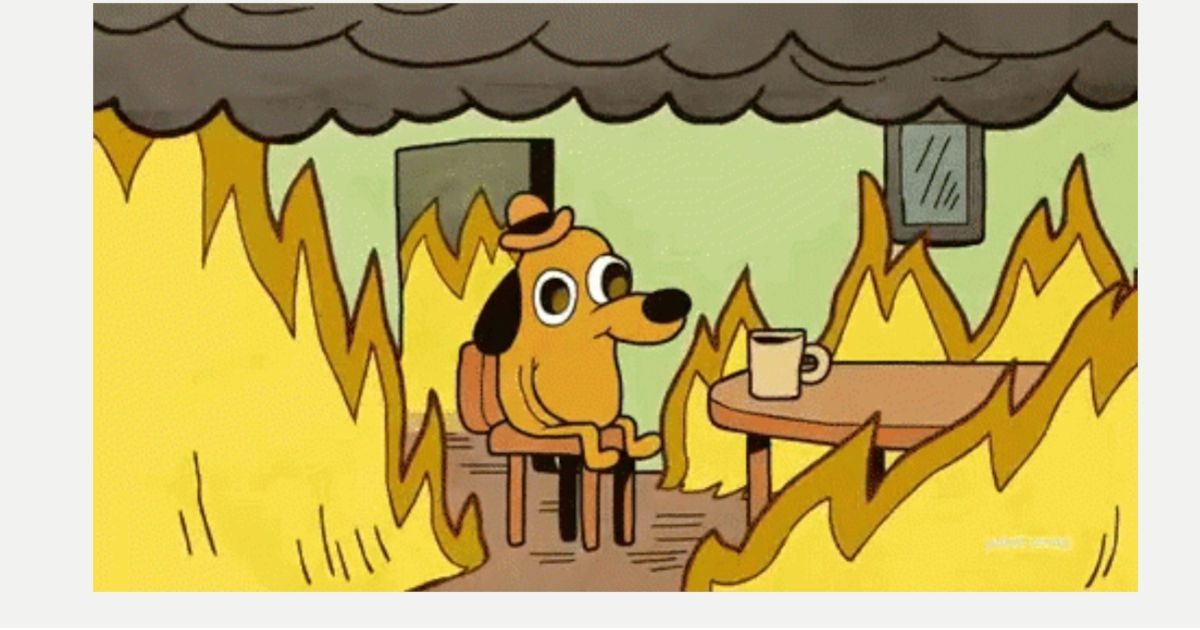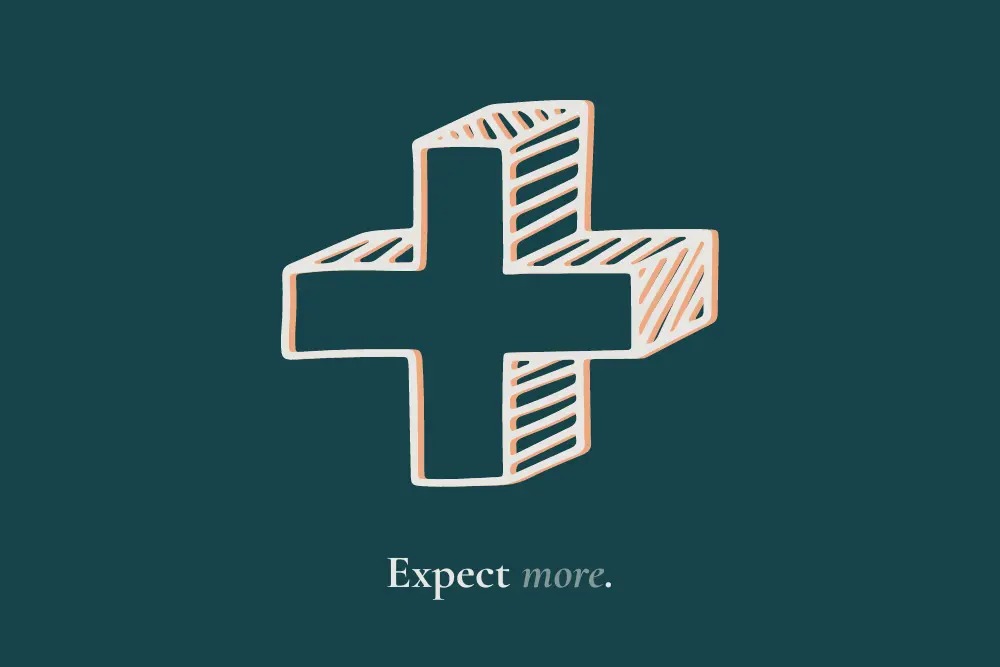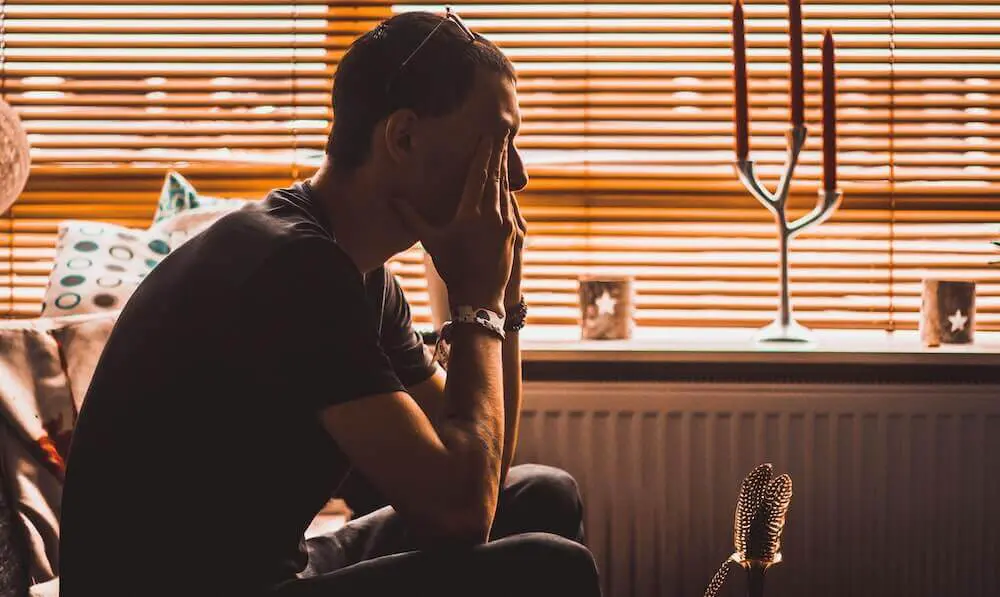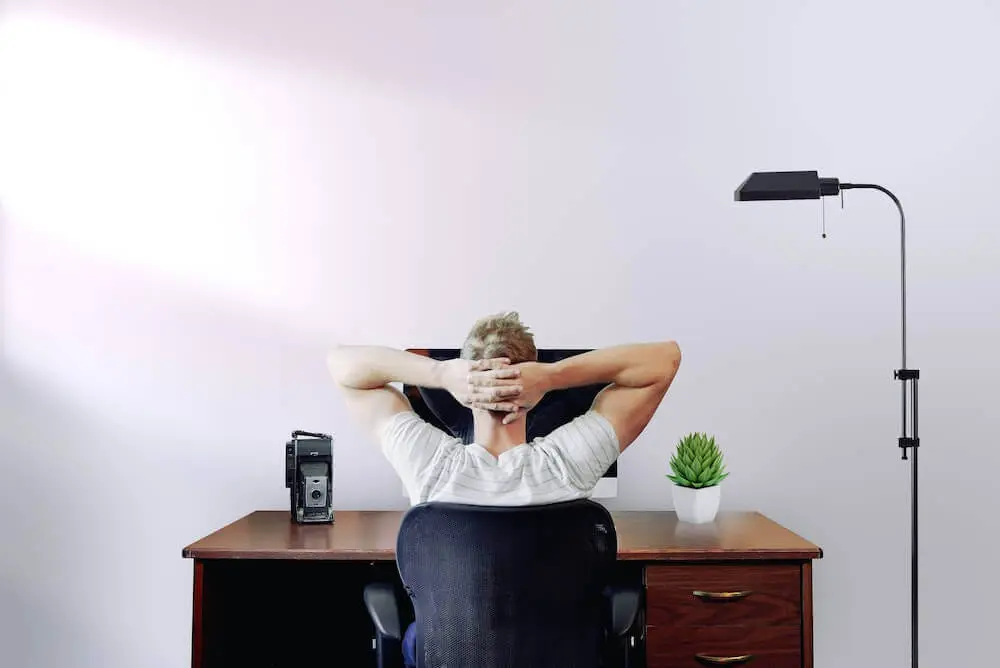Caregiver-Child Relationship
I recently made a surprise trip to see my parents in Michigan for my Mom’s birthday. Before I committed to it, I had to check in with myself about the decision because, while my relationship with my parents has always been complex, this year the struggle has been especially real. I had to hold both of them accountable for some tough and painful stuff. There was heartbreak on both sides. I stepped away and took time to process it all before I reconnected with them.
I’ve made a concerted effort in my relationships with both of them to show up out of a desire to connect instead of out of obligation or any narrative of what daughters are “supposed” to do. After checking in with myself and deciding that visiting them felt right for me, I hopped in the car and made my way. It wasn’t a long visit but at one point, as I was walking out to the car from their home, I caught a glimpse of a chalkboard hanging on the wall. On the chalkboard was a long list to track donations my parents had recently made: Ocean Conservancy, Planned Parenthood, The Audubon Society, Doctors Without Borders, the ACLU, and more.
As soon as it caught my eye, a feeling of warmth spread through my body and sank into my bones. It was a beautiful reminder of one of the things my parents have done remarkably well: they seamlessly and effortlessly imparted to my siblings and me what an absolutely non-negotiable responsibility we have as citizens of this earth to give back in some capacity.
Parenting is the hardest job on the planet on a good day. The caregiver-child relationship is unique and lays the groundwork for every person’s future intimate attachments. Parenthood often brings up our parents’ own childhood trauma and difficult experiences. The work of a lifetime comes in understanding our parents as people versus our parents as caregivers. We are allowed to say that our parents are good people but were inadequate caregivers. It’s okay to say that the parents we got were not the parents we needed. It’s okay to love them in spite of it or to distance ourselves because of it.
My parents had a tough time as caregivers. But I can tell you as humans, they remain two of the kindest, sweetest people I’ve ever known. They wove kindness and generosity into the fabric of our family so effortlessly that I barely noticed until I reached a place where I could look back and see it in completion. It was as if, all of a sudden, a beautiful tapestry appeared out of thin air.
The list of donations on the wall was a beautiful reminder of one of the things about my parents that I’m grateful for. But I was only able to get there because I gave myself the time, space and permission to heal and rage by any means necessary.
We get so many social messages that say we need to love and support our family unconditionally and I’m here to tell you otherwise. Everyone has a different process and comfort level but if you are struggling with guilt because you don’t want to be around your family or talk to them, I want to reassure you that it is okay. It’s okay to prioritize your healing over your family members’ feelings. It’s okay to feel how you feel in its fullness. Maybe you’ll get to gratitude, maybe you won’t. But you can’t skip over the hurt and the pain on the road to healing.
If you do find it comfortable to feel gratitude for your parents, don’t use it to rationalize cancelling out the hurt, anger, and pain you feel. We can feel opposing and conflicting feelings at the same time without having to cancel any out. Our relationships with our parents are the most complex of our lives. To view them only as black and white does a disservice to our healing process. If you cover up the hurt with gratitude, you’ll only get so far. Your healing will reach a ceiling.
There’s almost always some good stuff about our parents. But those things aren’t our first stops on the path to healing. They aren’t what needs to be seen and heard first. There is room for all of it but don’t be afraid of the darkness in the tunnel. If you’re courageous enough to move through it, you will find the light at the end.
This article was written by Sara Kassem during their time at Shift Collab.














.gif)













![Summer Lovin' [not] Havin' a Blast](https://cdn.prod.website-files.com/625ec823c07cd8de32e1bae2/684af26ed2b68f821b628848_20240206T0910-fd1563e4-34d1-49e6-af59-9b95c717196a.webp)














































































